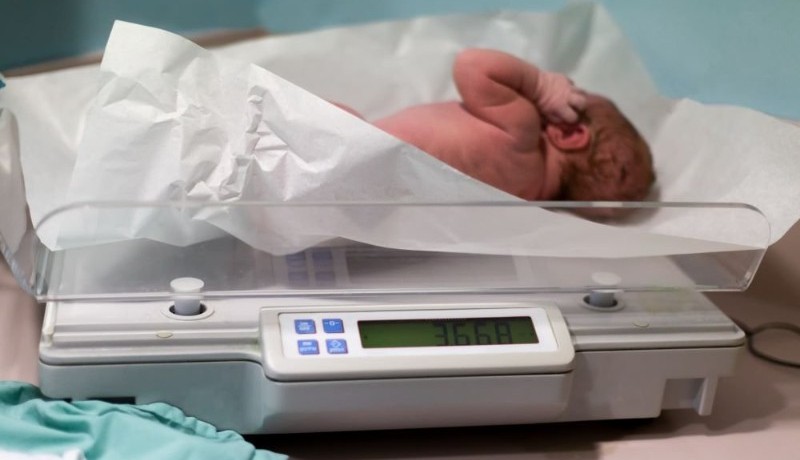To investigate the cross-sectional associations of reproductive history and use of exogenous hormones with fast walking speed (WS) in women.
Between 2012 and 2020, 33,892 French women aged 45 years or more, recruited at health centers, underwent physical function tests and self-reported information on reproductive history and use of exogenous hormones. Linear mixed models with the center as random intercept were used to estimate the association of exposures with WS.
Fast WS.
Mean WS was 172.2 cm/s. WS increased with age at menarche (β = 0.23, 95 % confidence interval = 0.05 to 0.40), age at first birth (β = 0.20, 95 % CI = 0.13 to 0.27) and duration of breastfeeding (β = 1.38; 95 % CI = 0.39 to 2.36). In addition, parity was quadratically associated with WS, with women with 3 children having the highest WS (p for U-shaped relationship < 0.01). Menopausal status had no impact on WS but age at menopause was positively associated with WS (β = 0.52, 95 % CI = 0.17 to 0.87) and partly explained the deleterious impact of artificial menopause on WS. WS increased with reproductive lifetime duration (β = 0.49, 95 % CI = 0.16 to 0.83) and decreased with time since onset of menopause (β = -0.65, 95 % CI = -0.99 to -0.31). By contrast, there was no association of WS with oral contraception and postmenopausal hormone therapy.
Our findings suggest that reproductive life characteristics may be associated with WS and timing of exposure could play a role.
Copyright © 2023 Elsevier B.V. All rights reserved.















